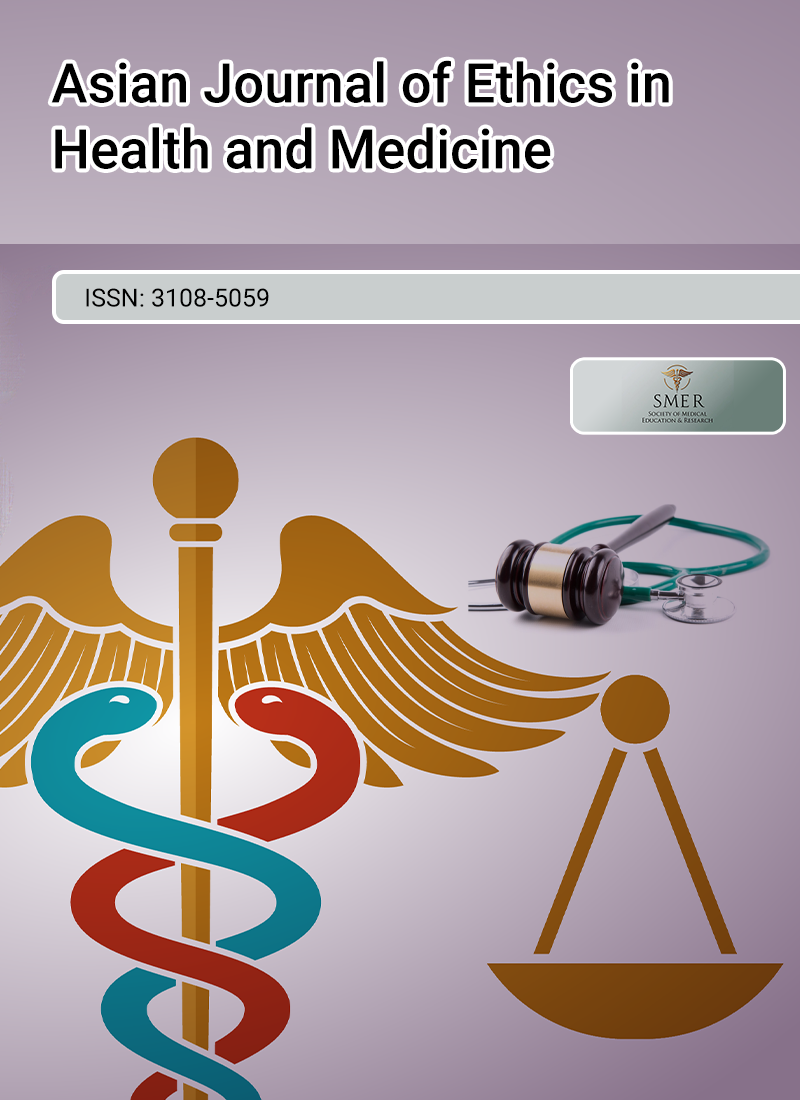
The Western notion of libertarian, rights-based autonomy, emphasizing individual rights, can conflict with African cultural values that prioritize communal well-being. In African communitarian ethics, collective interests often take precedence over individual choice, which can influence decision-making processes and challenge the application of standard informed consent procedures in biomedical research. This study examined the perspectives of African biomedical researchers regarding the practice of informed consent and potential limitations of the principle of respect for autonomy within African communities. We conducted a qualitative study using in-depth, semi-structured interviews with 12 biomedical researchers (five women and seven men) aged 34–74 years, all affiliated with an African university. Each interview lasted between 35 and 40 minutes, allowing participants to share their perceptions and experiences regarding autonomy and informed consent in African contexts. Interviews were audio-recorded, transcribed, and analyzed using thematic content analysis. This empirical data was interpreted alongside a review of relevant literature on African communitarian ethics, consistent with the empirical bioethics approach. Findings indicate that informed consent, rooted in Western conceptions of individual autonomy, faces challenges in African settings. Participants highlighted the difficulty of applying standard consent procedures due to the predominance of communalism, customary beliefs, spirituality, and relational approaches to autonomy, as reflected in African moral philosophies such as Ubuntu/Botho and Ukama. Additional barriers included language differences, educational disparities, poverty, and entrenched cultural norms, all of which complicate obtaining fully informed consent. The principle of individual autonomy and conventional informed consent models have limitations when applied in African communities, particularly in biomedical research. We recommend adopting a relational ethical framework, such as Ross’s prima facie duties, to better align consent practices with communal and cultural values in these contexts.